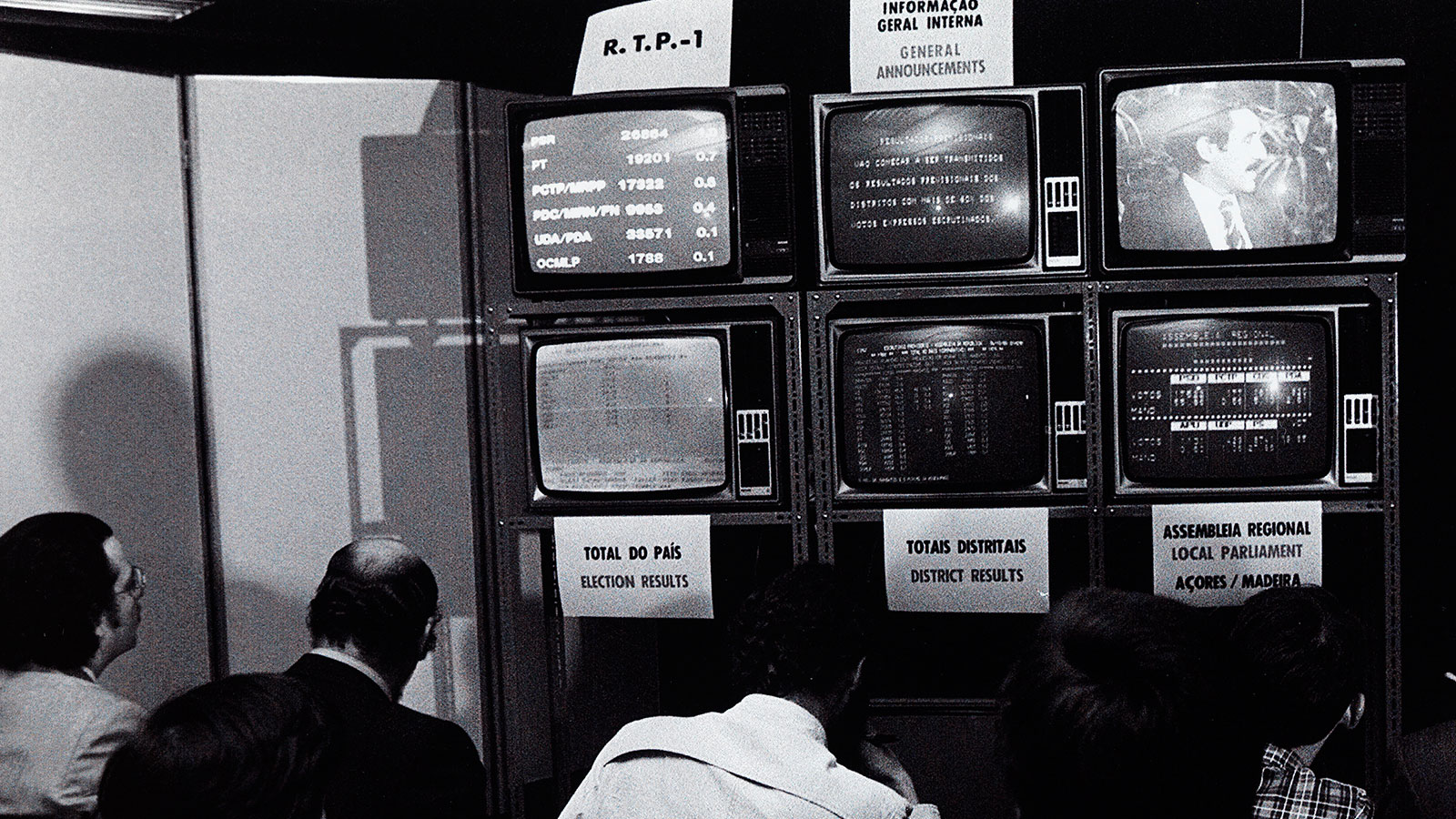Gulbenkian and the elections after the 1974 revolution
The chairman of the Foundation, José Azeredo Perdigão, had received a request from the Minister for the Media, Jorge Correia Jesuíno (days later replaced by Major Vítor Alves), for the Foundation to lend its premises to house the Information Centre for the Elections to the Constituent Assembly.
Submitted to the Board of Directors, the request was authorised.
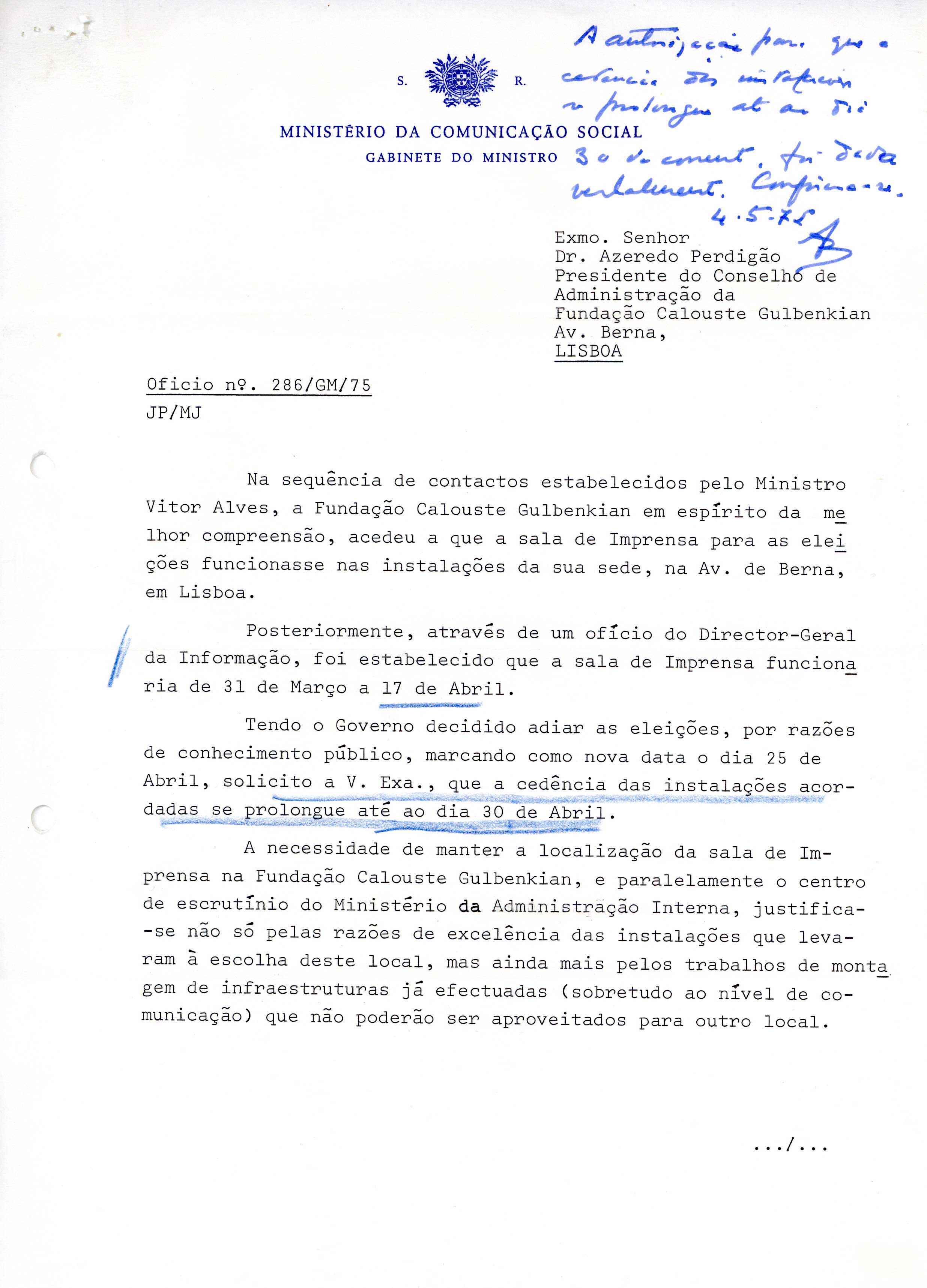
The reports by RTP, the only television channel at that time in Portugal, show the various areas given over to the large operation housed at the Foundation’s headquarters, on Avenida de Berna, Lisbon.
The Information Centre for the Elections to the Constituent Assembly comprised the Press Room, which was used by radio stations (Emissora Nacional and Rádio Clube Português), the Public Relations Room, where contacts with foreign correspondents were handled (there were more than 800 journalists in Portugal, accredited by the Minister for the Media), a studio which was used for interviews of members of the Council of the Revolution, representatives of Cuban news organisations, the President of the Republic, General Costa Gomes, the Prime Minister, Vasco Gonçalves, and Admiral Pinheiro de Azevedo.
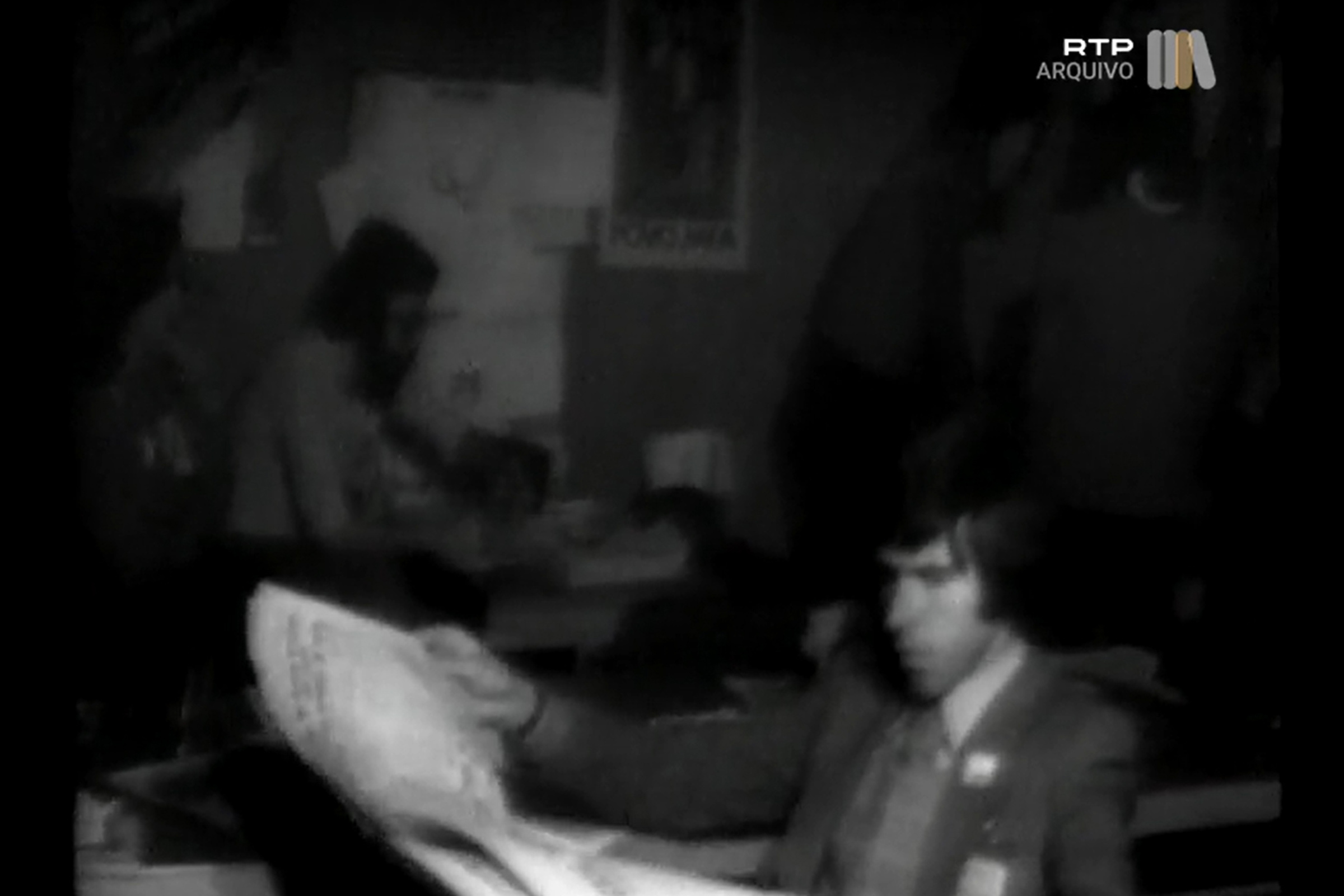
Press conferences were given by members of the Government and of the Council of the Revolution.
There was also a Counting Centre, to which election results were sent by the civil government authorities around the country; these results were then entered in a computer, using terminals installed in the Foundation.
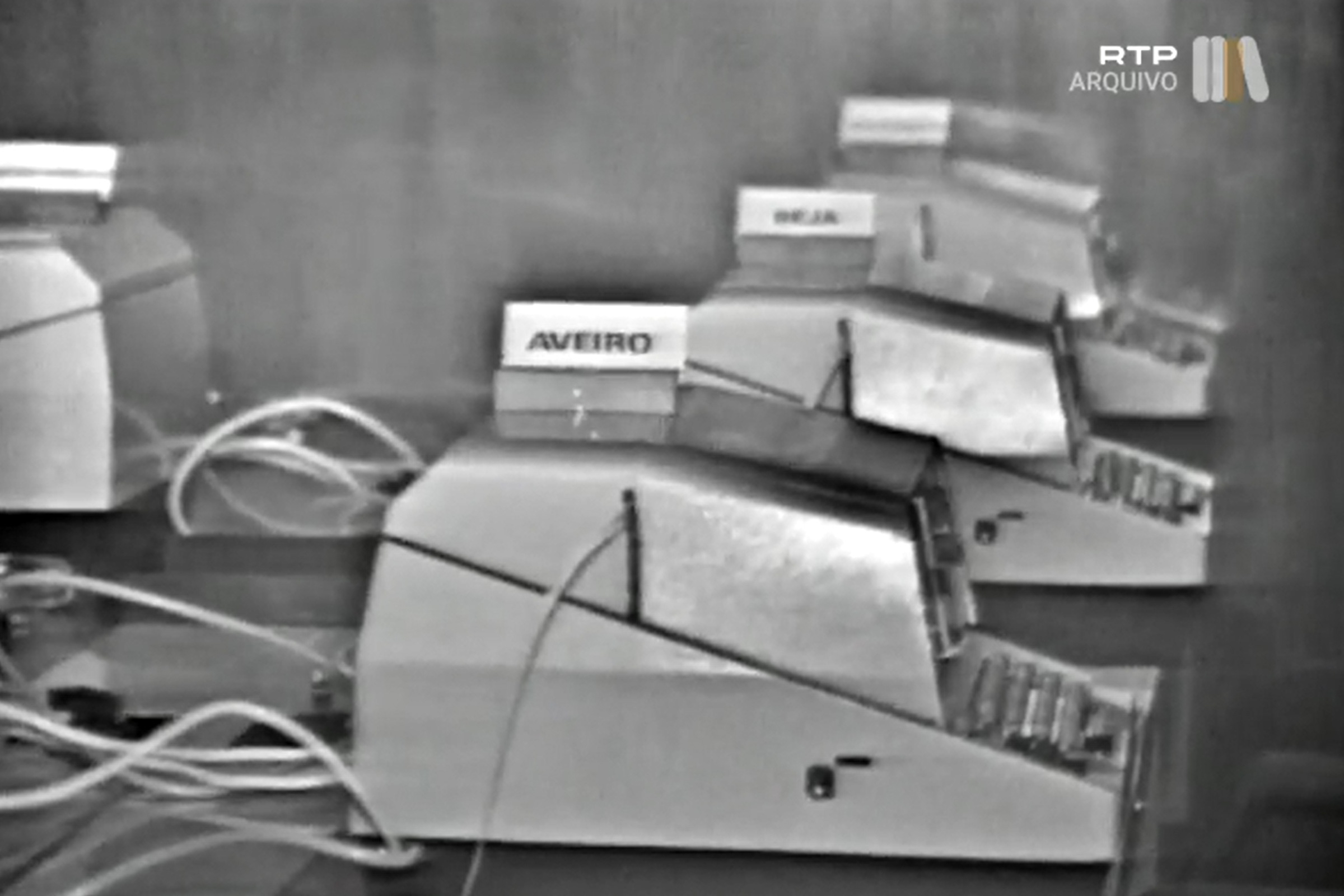
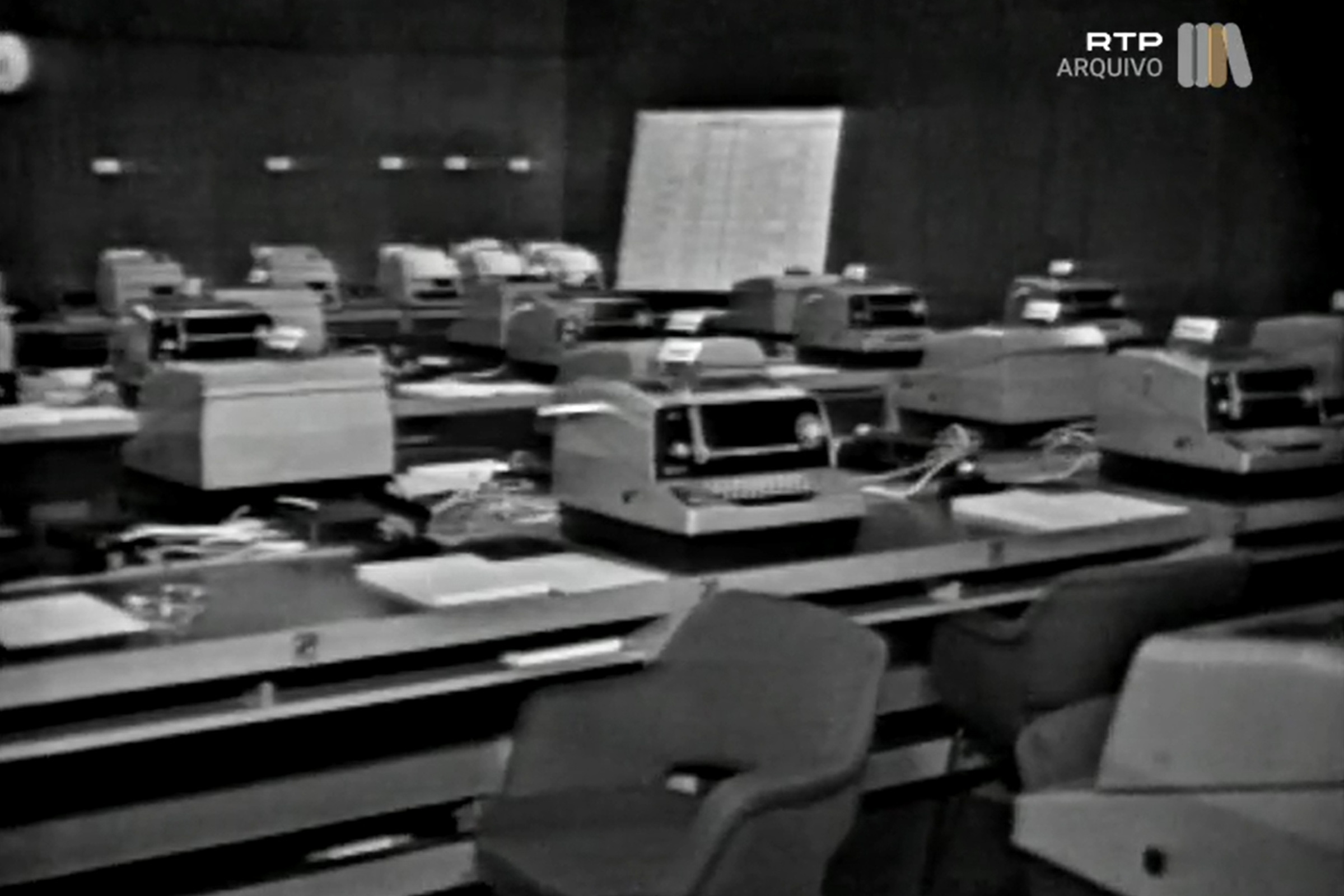
Information was processed and the results were made available showing the position of the parties in each of the constituencies.
Only staff from the Ministries for the Media and Internal Administration had access to the Counting Centre. The military authorities were responsible for all aspects of security.
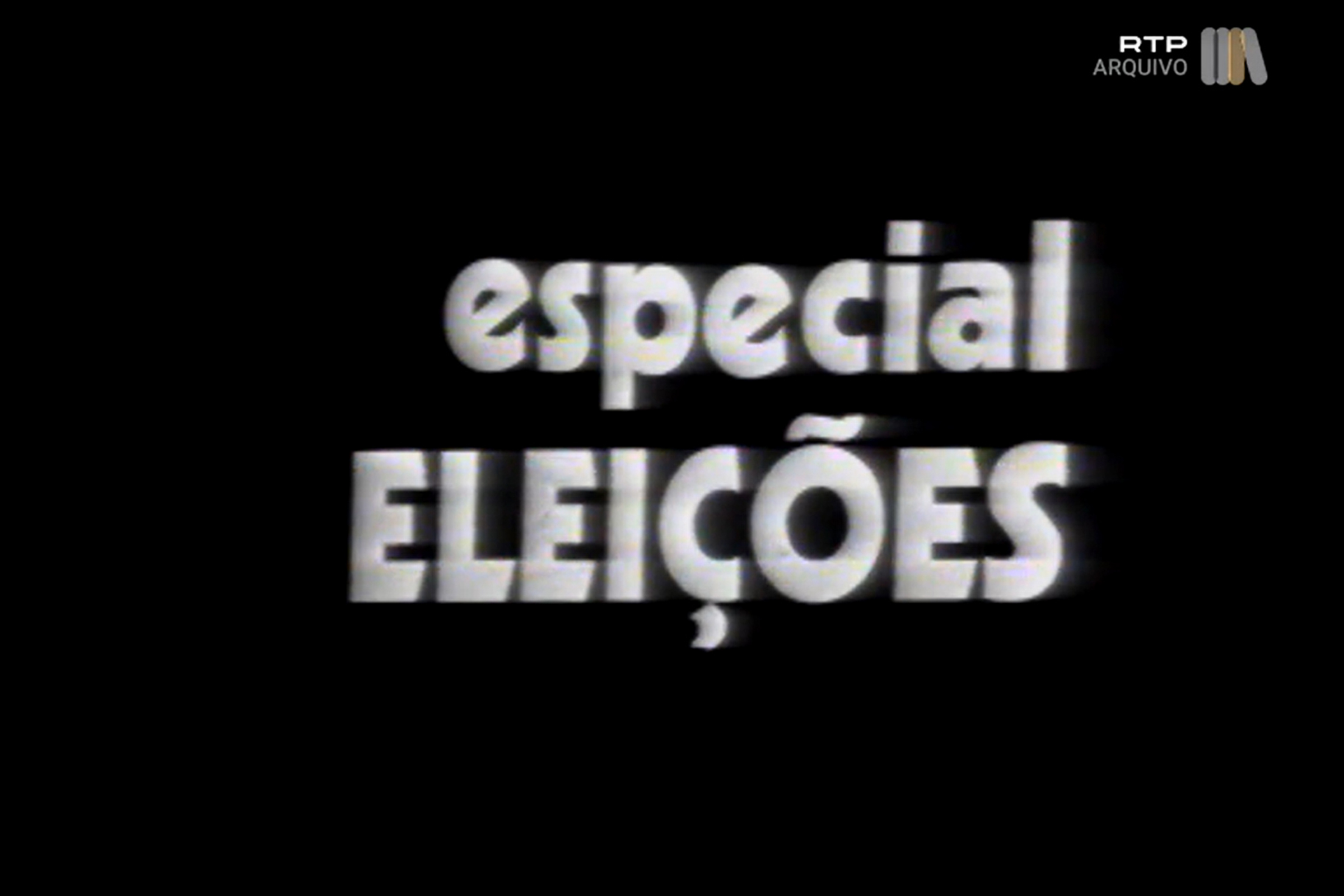
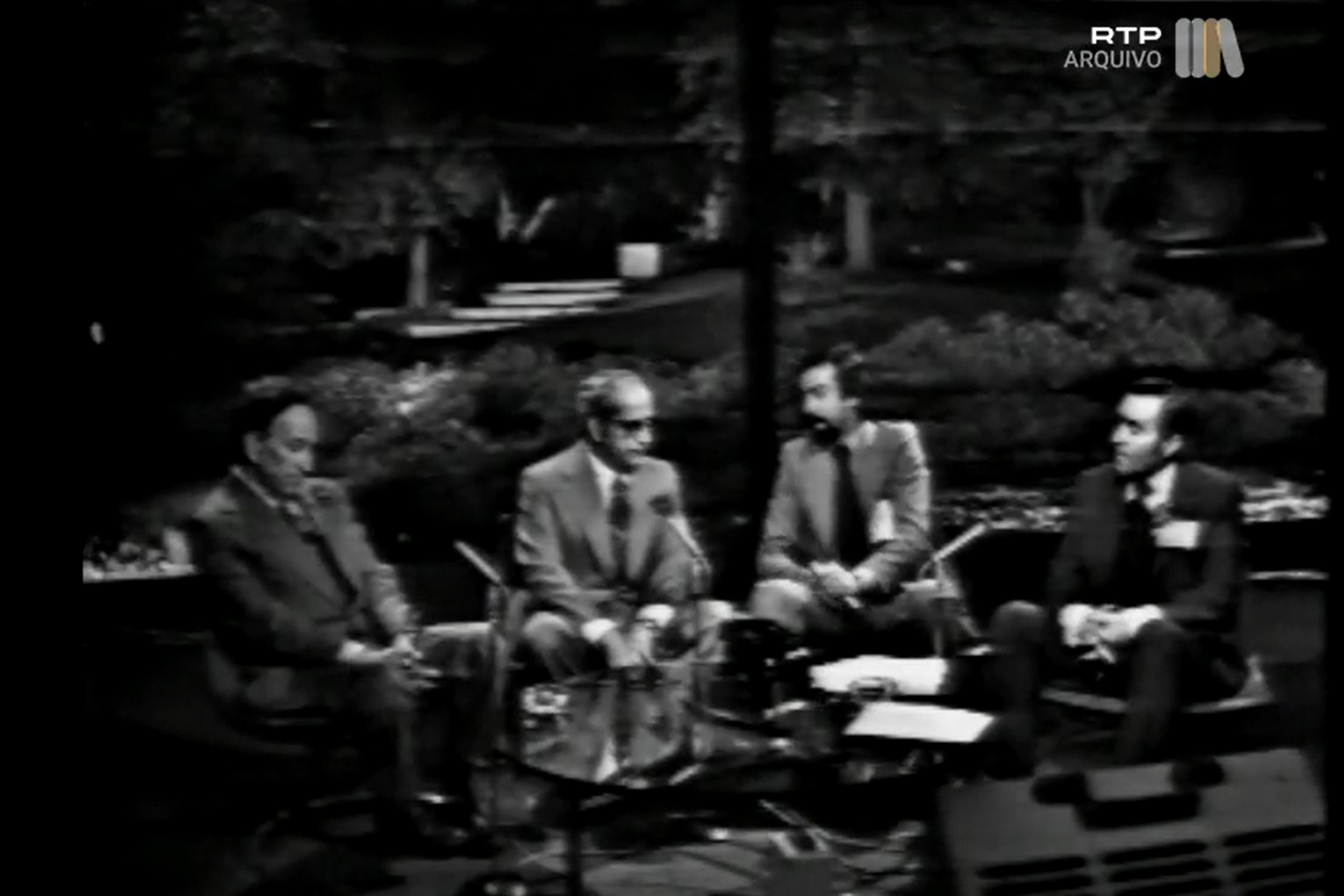
After the elections, the expenses incurred in setting up and running the Elections Information Centre were calculated and put at 90,931$00. Considering that the Foundation’s help “represented a service of the greatest significance to the nation, the first free elections held in Portugal in 48 years”, the Board of Directors decided to bear the cost in full, debiting it from the “reserve under the direct administration of the chairman”.
In 1976, the National Electoral Commission asked the Foundation to loan its premises for preparatory meetings for the elections planned for that year.
A letter from the Secretariat for Political Affairs of the Ministry of Internal Administration requested the loan of an area in the Foundation’s headquarters, similar to that used in the previous year, to house the Counting and Information Centre for the elections to the Legislative Assembly, to be held in April, and for the presidential elections, at a date yet to be announced.
Despite commitments already made to other organisations and the Foundation’s own programme of activities, the Board of Directors agreed to provide premises, requiring it to cancel some of its commitments and to adapt the Foundation’s own programmes of events. The exhibition planned to commemorate the twentieth anniversary of the Calouste Gulbenkian Foundation was to go ahead as planned.
On the instructions of the authority responsible for security at the Counting and Information Centre, all the Foundation’s services were suspended from 22 to 26 April, except for the central services and the security sector, regarded as essential for the functioning of the building.
In most aspects, the arrangements for the elections to the Assembly of the Republic were similar to those in 1975, although with some changes. The Foundation suggested to the Technical Secretariat for Political and Electoral Administration (STAPE) that a single interlocutor be appointed to represent the various media organisations under the aegis of the Ministry for the Media (the national television and radios stations – RTP and RDP – as well as news agencies, newspapers, etc.), who would in turn liaise with a representative of the Foundation’s central services, who would coordinate operations directly, an arrangement that proved to be efficient.
The security system for the Counting Centre, entrusted to the PSP (Public Security Police), differed from the security operation run by the military authorities in the previous year. A closed-circuit TV system meant that less guards were needed, making for a more discreet security presence.
The press conferences programmed by the Ministry for the Media were given only by the political parties running for election and not the members of the Government and the Council of the Revolution, as in the previous year.
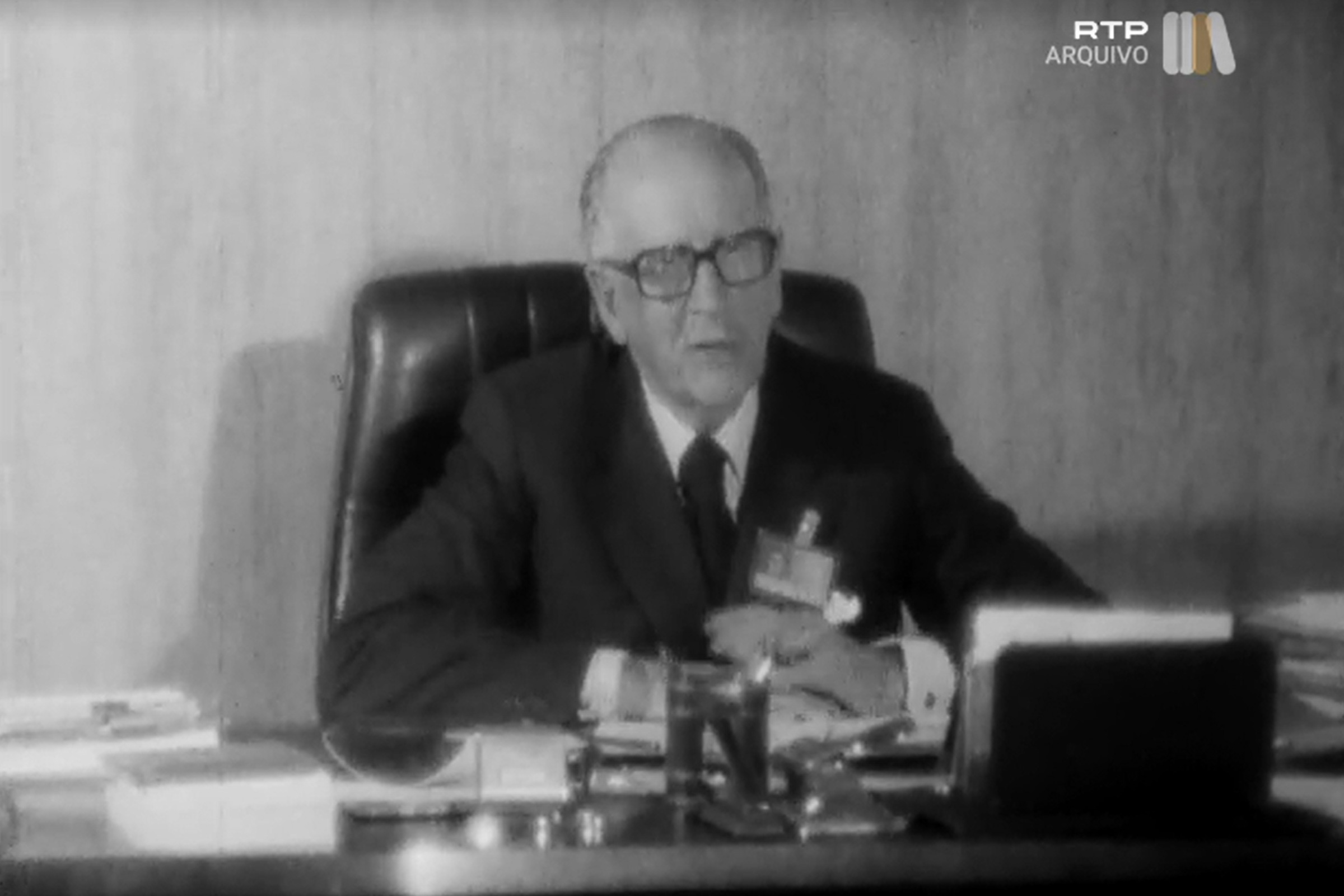
For these elections, the expenses incurred in operating the Counting Centre totalled 156,476$00. The Chairman of the Foundation again moved that this expense be debited from the reserve under his direct administration, and this was confirmed by the Board of Directors, on the grounds of “collaborating on a service of the highest national importance”.
In the presidential elections, the second time Portugal went to the polls in 1976, the Foundation’s premises were again requested to house the Information Centre for the national and foreign press, radio, and television. This time, the Foundation was not asked to provide premises for the equipment used to gather and process data received from the electoral assemblies around the country, and instead the Ministry of Internal Administration made its own arrangements.
For the third elections held that year, for local authorities, on 12 December 1976, the Ministry for the Media again asked the Foundation for the use of its conference area to set up an Information Centre, along the same lines as in the presidential elections.
In October 1979, the Foundation received two further requests for the provision of premises for the Information Centres for polls scheduled for 3 and 18 December, respectively for the Assembly of the Republic and local authorities. On this occasion the expenses totalled 637 315$00 and were charged to the Ministry for the Media.
The last elections at which the Foundation premises were used took place in 1980.
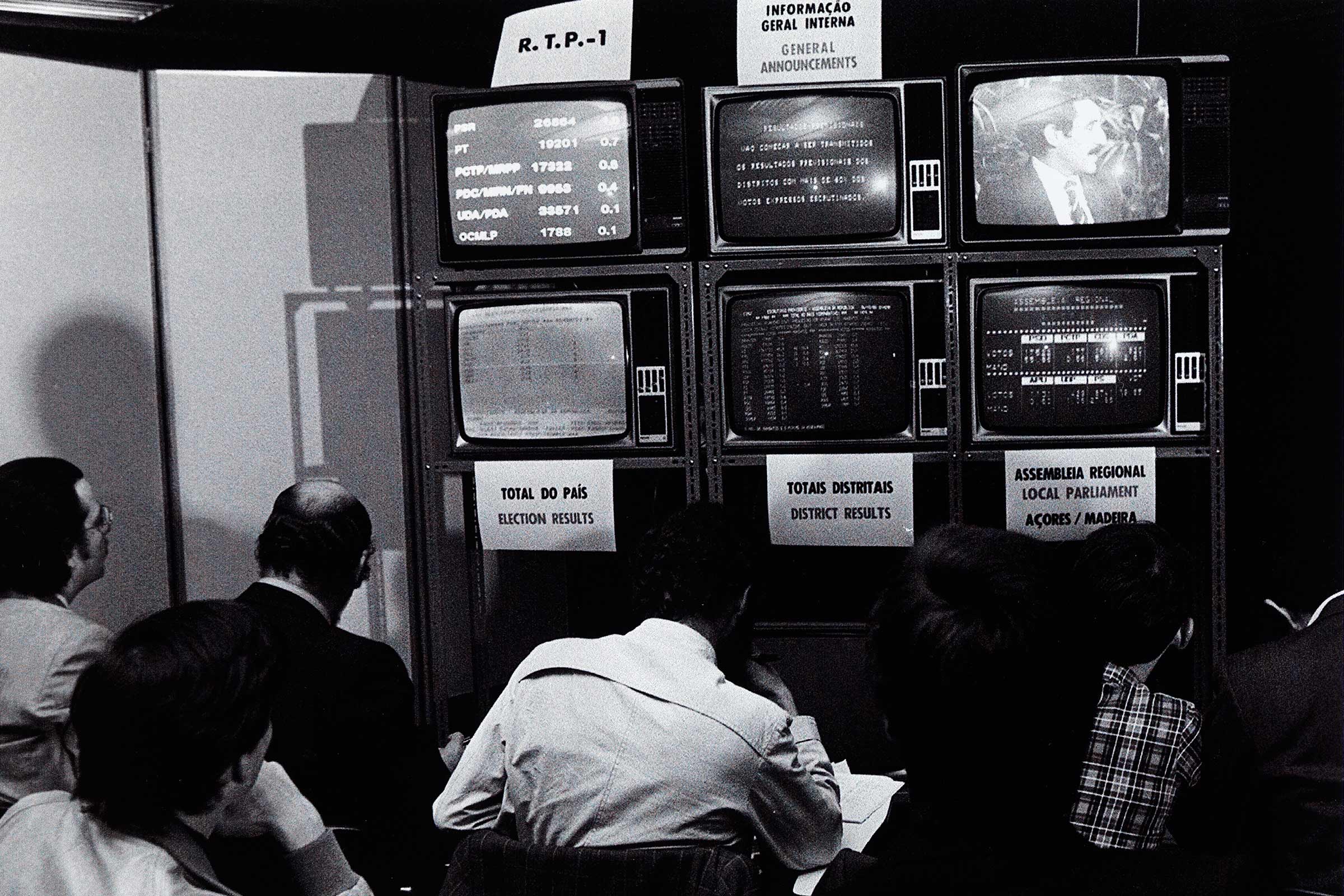
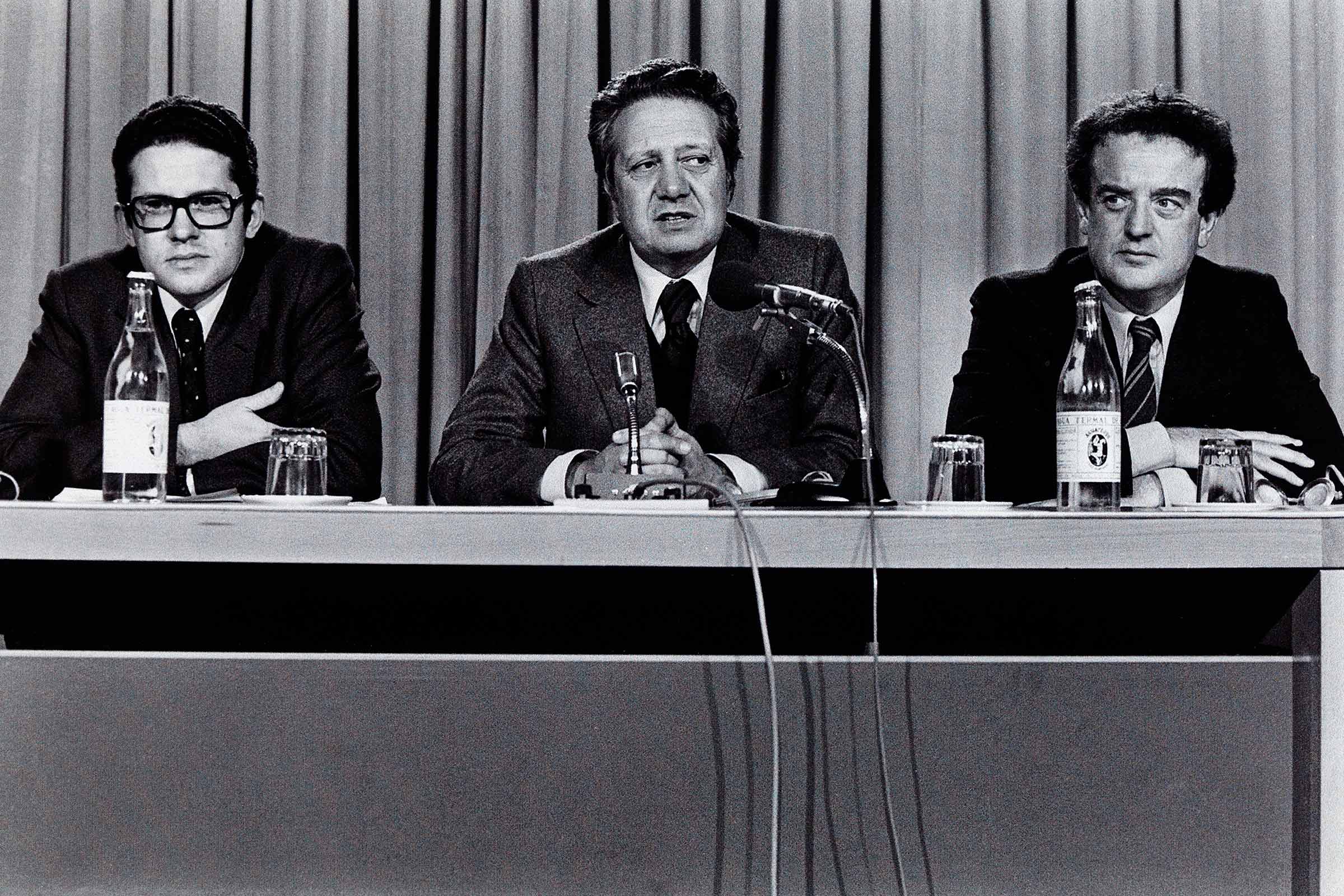
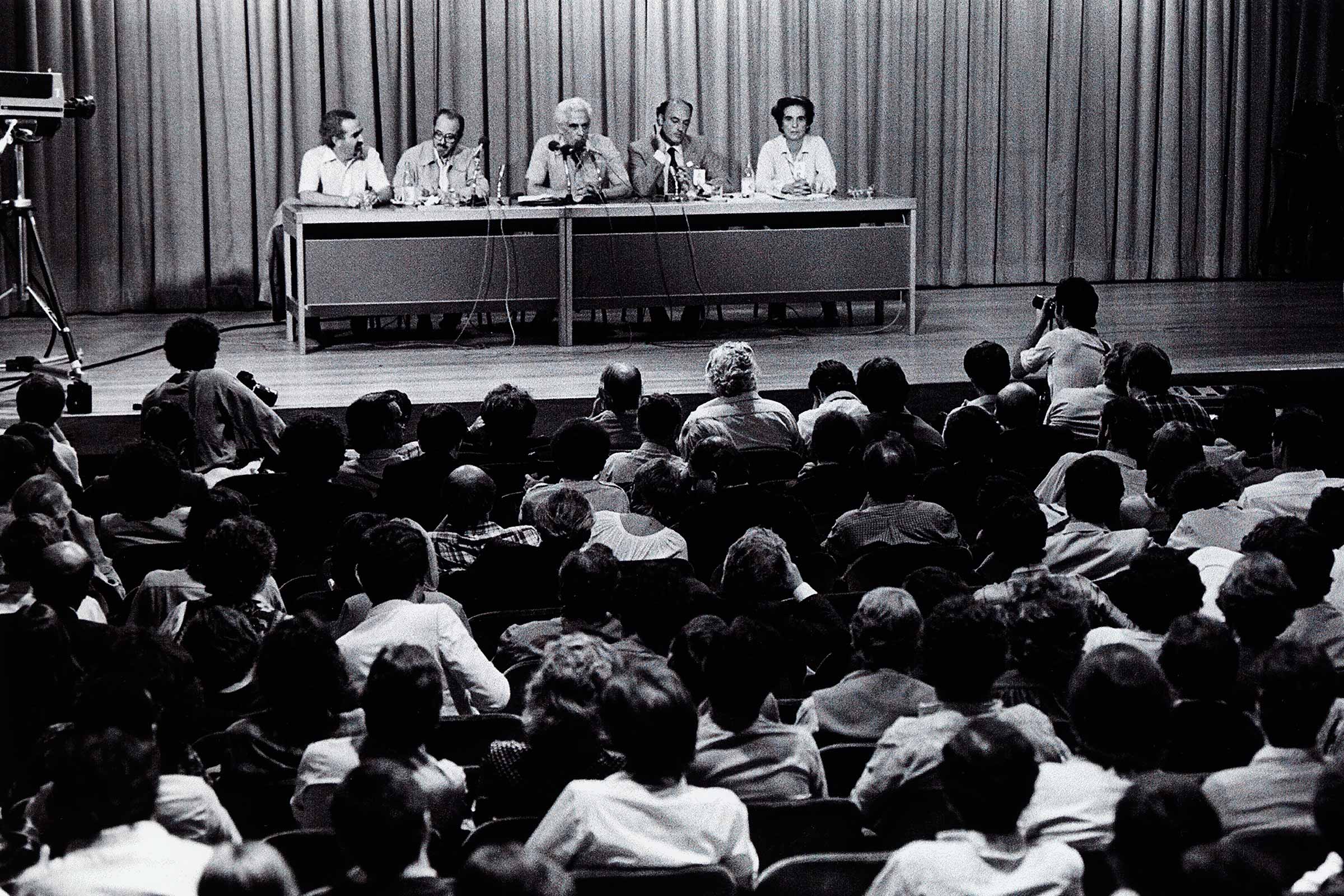
The Secretary of State for the Media again made two requests for the installation of the Information Centres for the elections to the Assembly of the Republic, on 5 October, and for the President of the Republic, on 7 December. Given the clear national interest underlying the request, the Board agreed to it, as in the previous year, on the condition that no expense would be charged to the Foundation.
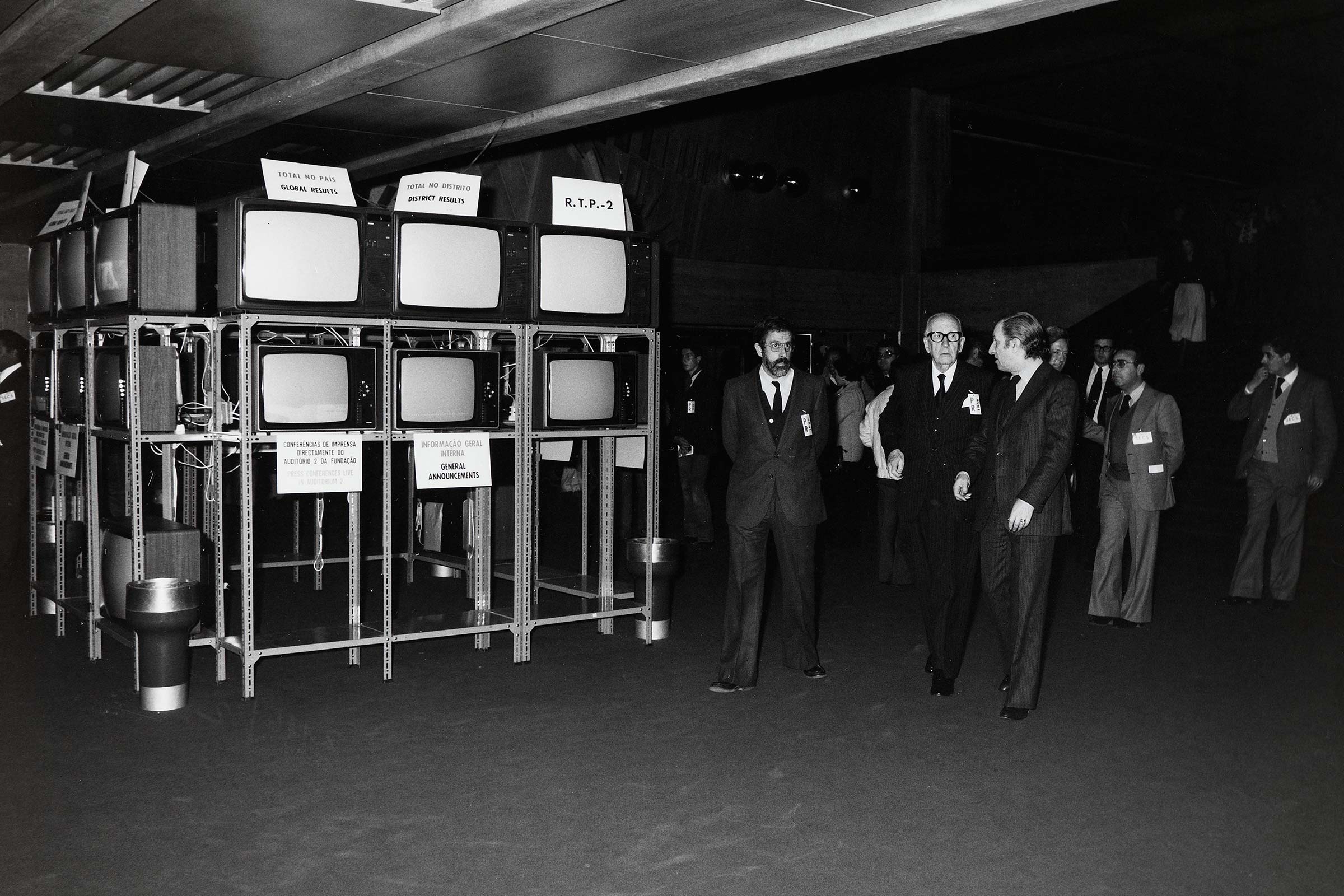
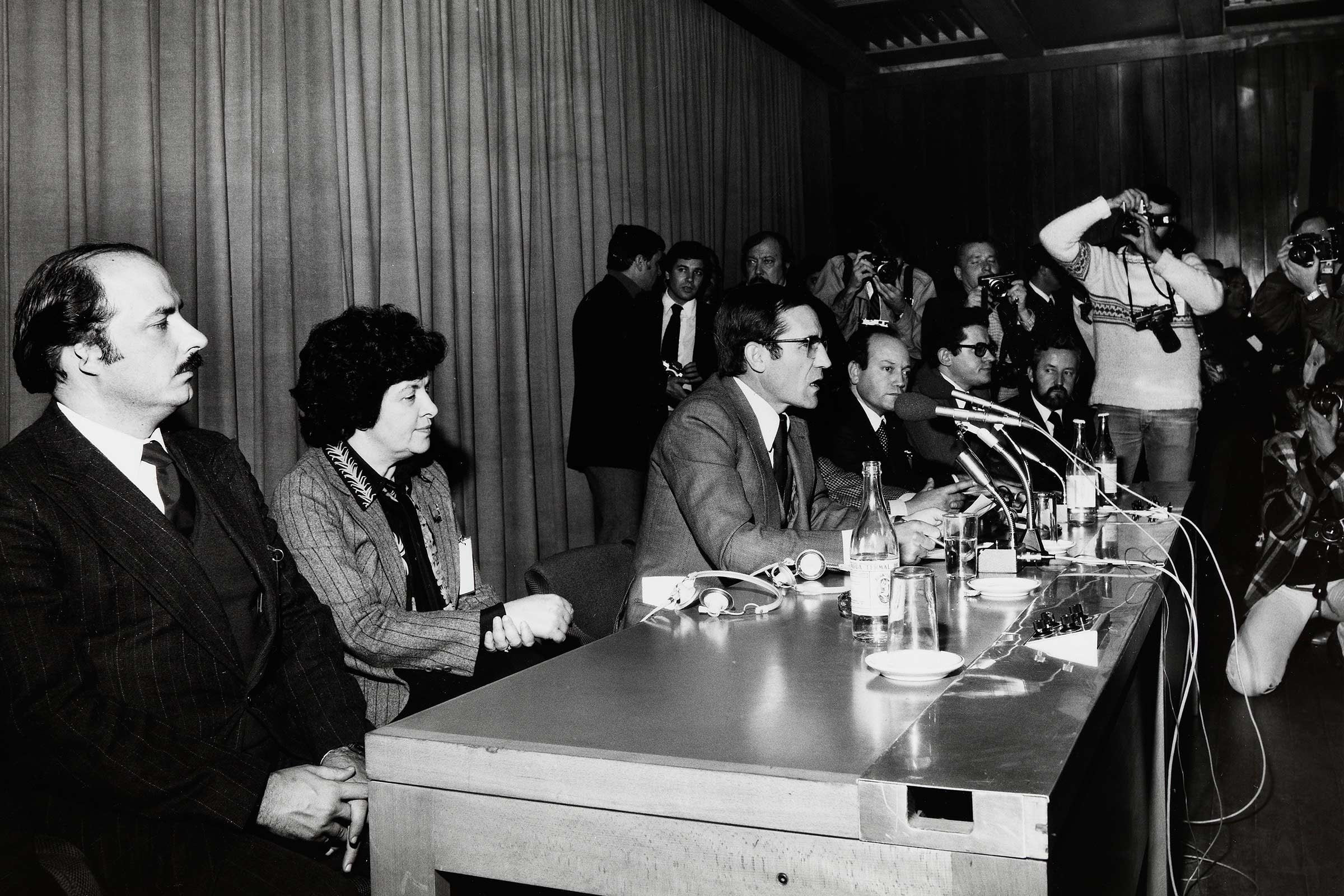
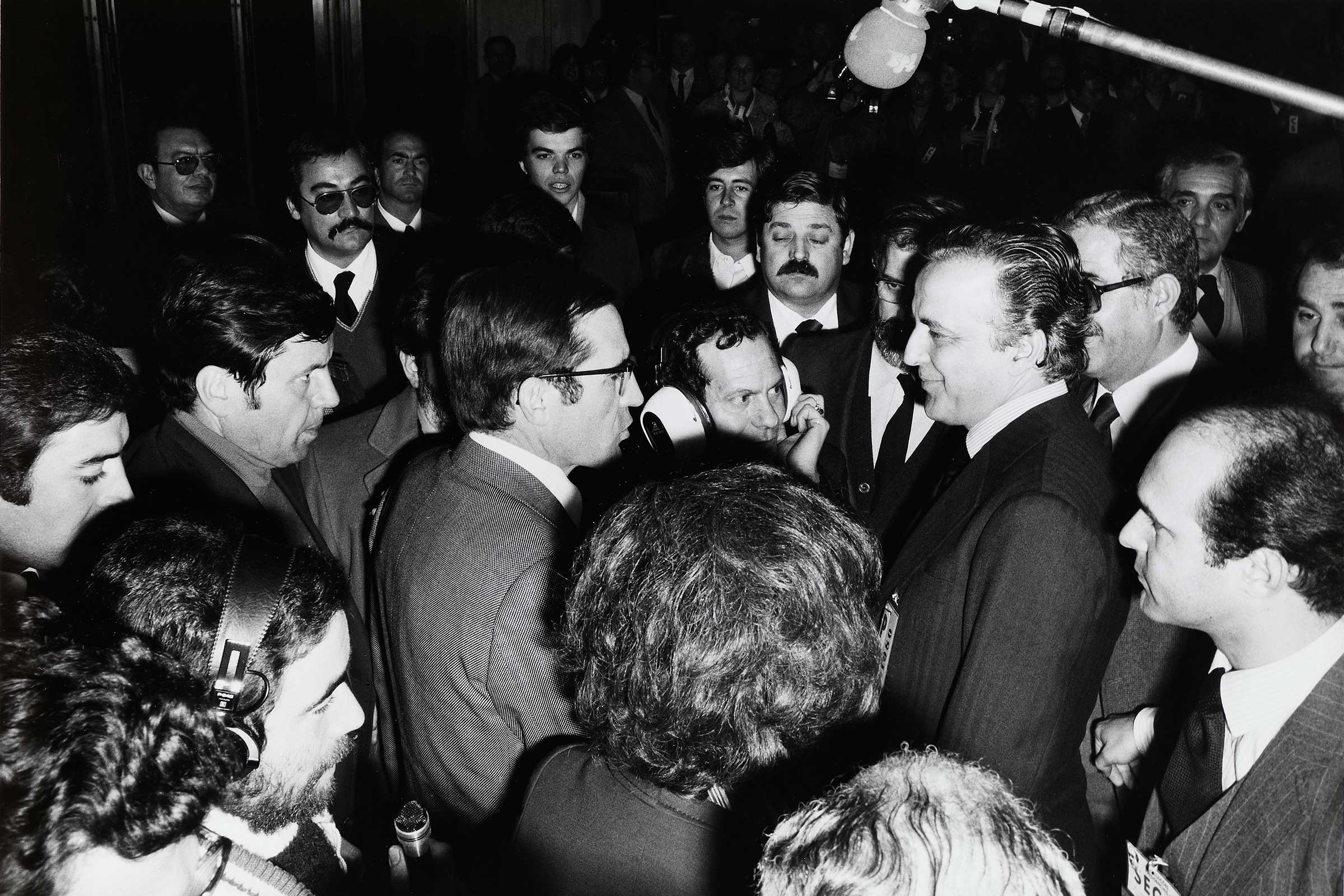
From the Archives
Significant moments in the history of Calouste Gulbenkian and the Gulbenkian Foundation in Portugal and around the world.
